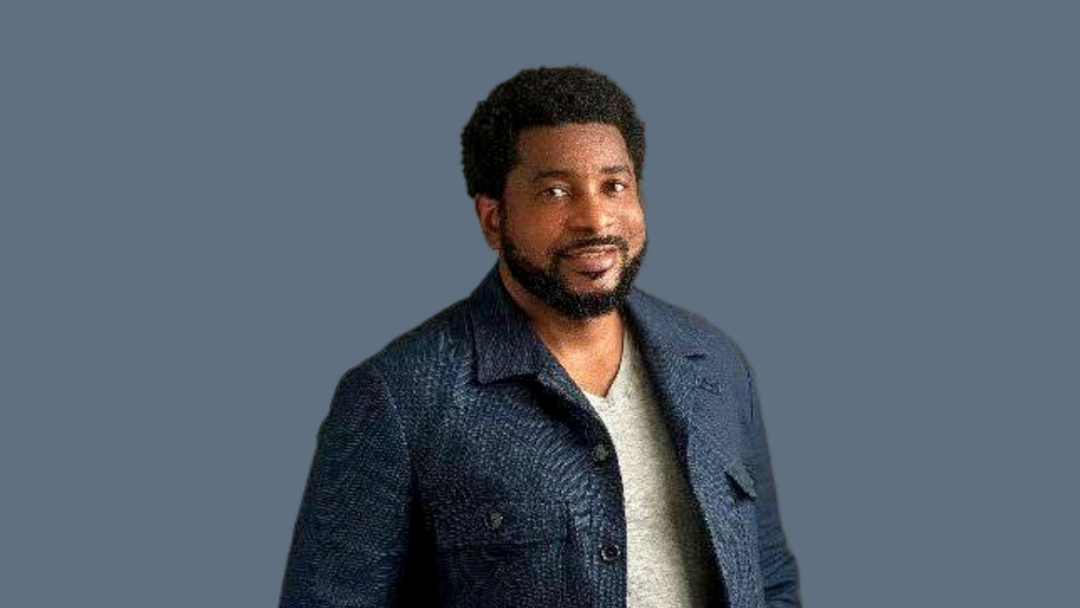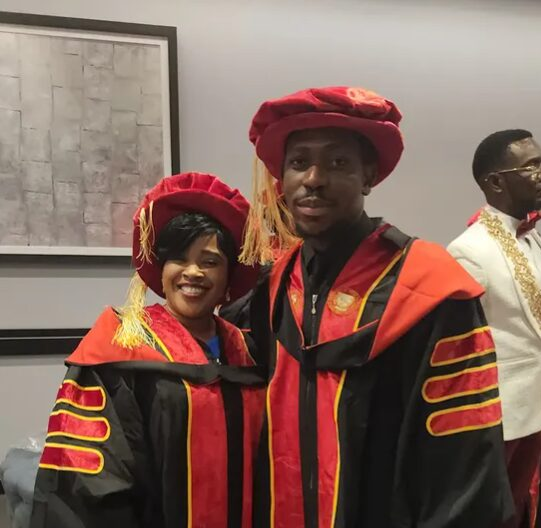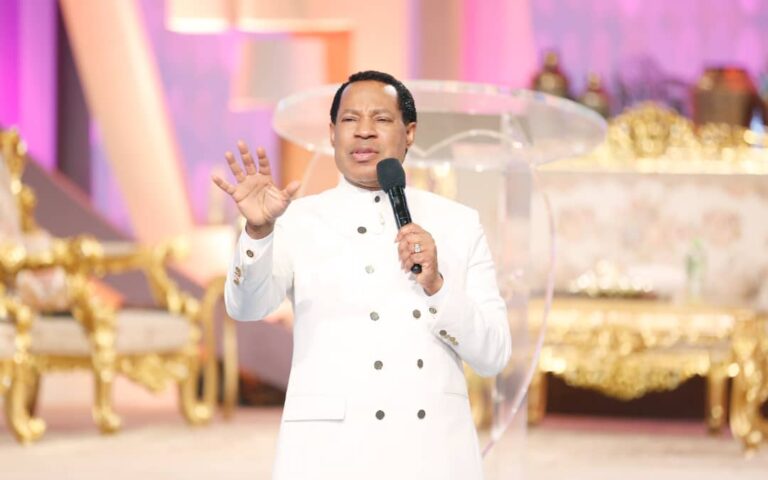Pastor Kingsley Okonkwo Says Men Taking Care Of Women Is Cultural Not Biblical

Founder of David’s Christian Centre, Pastor Kingsley Okonkwo, has sparked intense conversations online after declaring that it is not biblical for men to take care of women financially. According to him, the idea that men must provide for women is a cultural belief, not a scriptural one.
Speaking during a recent teaching, Pastor Kingsley said that depending on men for financial support places women in a disadvantaged position that is neither fair nor godly.
“It’s not biblical for a man to take care of a woman. It never favours you. That thing was a cultural idea. It’s not in the Bible. What the Bible says is that he that does not work should not eat,” he said.
The preacher’s comments quickly went viral across social media platforms, drawing thousands of mixed reactions. Many agreed that Pastor Kingsley’s statement challenges long-standing gender stereotypes within the church, while others argued that scripture emphasizes a man’s role as provider in his household.
Supporters say the message empowers women to embrace responsibility, pursue their careers, and contribute meaningfully to society rather than waiting for financial help. Critics, however, believe his statement misrepresents biblical teachings on love, sacrifice, and provision within marriage.
Pastor Kingsley also addressed women who evaluate their worth or relationship value based on what a man can give them financially. He warned that such dependence often leads to exploitation or disrespect.
“The way some of you are being treated is because of how you have rated yourself. If you don’t buy me popcorn, I won’t come. Then the way they will pop you like corn. They are disgracing your family,” he said to laughter from the audience.
His words, though humorous, carried a serious message about self-worth, independence, and dignity. He encouraged women to focus on self-development and to understand that their value is not tied to a man’s ability to provide.
Social media users have continued to debate the statement. Some applauded the teaching as a bold and modern interpretation that encourages partnership rather than dependency in relationships. Others called for balance, noting that while independence is important, the Bible still calls men to be responsible leaders in their homes.
The conversation has since sparked discussions among Christian couples and youth groups on how faith, culture, and modern realities intersect in defining gender roles.






